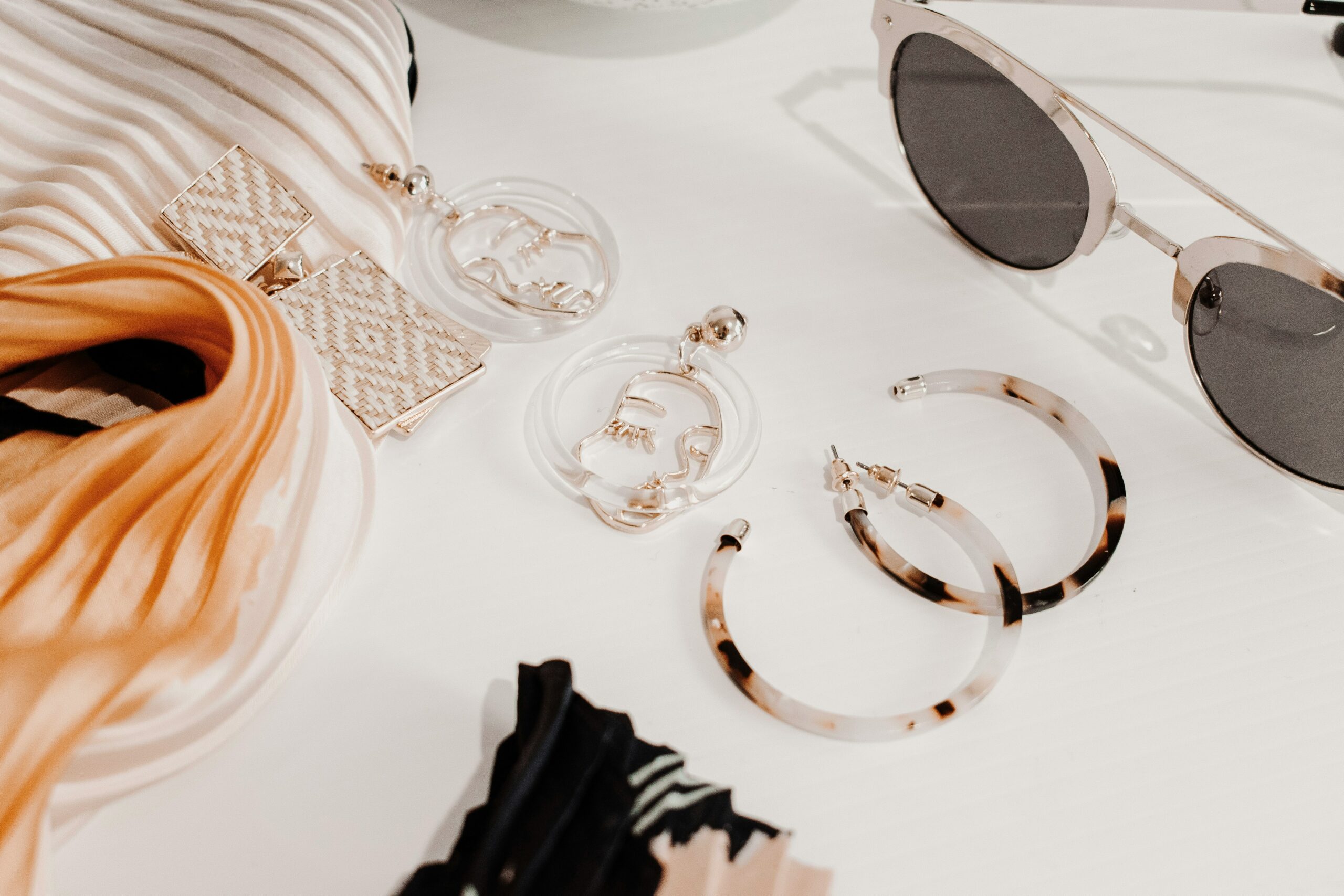If you’re here, it’s because you want lead out of your water – and want to know what filter will best help you do that. Of course, not all filtration methods are equal.
Many of the most common filtration methods we looked at are great for making your water safe from bacteria or microorganisms, but they are not all created equal when it comes to removing lead.
For instance, any method that fails to remove sediment or particulates will also fail to remove heavy metals. This means methods that kill or remove bacteria and microorganisms might be part of your pathogen removal process, but do not suffice when it comes to lead reduction.
Take a moment to think about what methods are excluded as a result: Boiling water and UV disinfection, for instance, both kill bacteria, but cannot remove heavy metals or other particulate matter.
Distillation, carbon filters, and reverse osmosis, however, are each great for removing lead from any home water supply.

How to Test Your Water for Lead?
Before you should even go out and buy a lead water filter, the first step is to find out how much lead you’re actually facing in your water.
To find out you can visit your nearest specialty store and buy an inexpensive off-the-shelf DIY water test kit. Or, shop online if you don’t like to leave your computer right now.
The internet offers a much larger selection of lead water test kits. Some are for do-it-yourselfers, others are professional send-away test kits offering the most accurate results.
On the downside, sending your water to a certified laboratory takes more time and it isn’t cheaper either.
Does Boiling or Distillation Remove Lead?
Boiling on its own is not enough to remove lead from water. If your method goes a step farther, however – distillation – you can be confident about getting lead out of your water.
The difference comes down to that extra step of allowing the water to evaporate and then collecting the condensed liquid, which has had the chance to separate from any particulates that might have been in the water before.
Does Reverse Osmosis Remove Lead?
Yes. Most reverse osmosis systems remove between 94 and 99 percent of lead, which makes them a great choice for that purpose. Check out our three favorite reverse osmosis systems:
- Of our top choices, the iSpring RCC7 is the cheapest to maintain and use, and it also offers a 98% lead reduction rate. It also features a leak detector, so you know when there are problems with the system. The one minus? It wastes a significant amount of water, with a recovery rate of only 25% (1:3 for pure to wasted water). For some individuals this is too much water that goes down the drain unused, but for others the price point takes precedence.
- Home Master’s TMAFC-ERP offers a built-in pump that solves the wasted water problem, with a pure-to-wasted-water ratio of 1:1. Additionally, it’s made in America, so you can feel good about supporting American workers. Similarly, the 5-year warranty and remineralization process mean you’re getting one of the most sophisticated RO filters on the market. It is, however, also one of the more expensive models we’ve seen. You’ll have to determine for yourself if the price is too high.
- APEC Water System’s Ultimate RO-90 offers the highest flow rate, but like the RCC7, wastes a significant amount of water with a recovery rate of only 25% (1:3 pure to wasted water). Again, you’ll have to determine for yourself if that’s too much wasted water or not.
Does Brita Filter Lead?
Brita water filters are among the most popular on the market. They’re mostly carbon water filters.
But can they remove lead? It mainly depends on the exact filter model you’re using. Again, most Brita filters use activated carbon (often coconut-based) as well as ion exchange resin.
Those filters, such as the Brita Standard, provide for basic lead reduction.
The Brita Longlast filter, for example, has a filtration capacity of 120 gallons – enough to last most families several months – and the cartridge filter is WQA-certified for up to 99% lead removal.
Also, the filter is certified for the removal of many other contaminants, including a few pharmaceuticals. While the Longlast filter doesn’t ship standard with any of the current Brita pitchers, it does fit in most existing models. So provided you do your research, you should be able to swap it out rather easily.
Does a PUR Filter Remove Lead?
Maybe you’re considering a PUR filter. After all, PUR has a reputation for removing even more contaminants than Brita filters, even if Brita may have better name recognition.
And PUR offers options, from filter pitchers to faucet-mounts, meaning you can find what works best for you and your home.
But do PUR filters work for lead? In general, mostly. More specifically, however, let’s look at a few different models.
- PUR Basic. While the more affordable entry point in PUR’s line does a great job of removing quite a few things (bacteria, microorganisms, chlorine, and mercury, for instance), it isn’t great at lead removal. As a result, you should probably consider one of the three following options.
- Using lead reduction replacement filter cartridges can help you upgrade that PUR Basic, and in addition to a 30-gallon lifespan, it also eliminates 99% of the lead in your water. Note, however, that filter clogging is a problem for some users; if you’re willing to spend the time to regularly clean your filter, this seems to become less of an issue.
- As far as pitchers go, we recommend putting those lead reduction filter cartridges in the 11-cup, BPA-free PUR Classic. This is our preferred combination.
- PUR Advanced is our preferred faucet-mount filter, as it removes up to 99% of lead, 96% of mercury, and is up to NSF standards. That efficiency doesn’t always last, though, as some users have seen leaks after 6-10 months, courtesy hair-line cracks in cheap materials. As a result, you may only get six months to a year out of each PUR Advanced filter before it needs replacing.
More Pitcher Filters For Lead Removal
But what if you would rather purchase a lead removal pitcher filter that isn’t PUR or Brita? Fortunately, as the water filtration market continues to expand, so do your options.
In particular, there are two other pitcher filters we especially like for lead removal:
The ZeroWater ZP-010. The lead reduction rate of 99% is impressive enough, and it comes with NSF 53 certification. Outside of lead filtration, the ZP-010 also removes more than 90% of pesticides and VOCs and greater than 99% of nitrates, fluoride, and several heavy metals (in addition to lead).
Of course, no filter is perfect, and the ZP-010 also has its flaws. In particular, some consumers have reported the filter cartridge lasted only 10-20 gallons, which can make it rather pricy, and others have noted difficulties with the lid and cartridge system itself.
That said, if you want one of the very best filters and price isn’t a consideration, this could be the filter for you.
We also really like the Aquagear lead-specific filter. With a 99.9% lead reduction rate and meeting NSF standards 42 and 53, it’s the best pitcher filter we’ve seen for lead removal.
Of course, that also means it’s one of the pricier models. That said, the filter cartridge lasts 3-6 months for most consumers, and the 8-cup size is right in that perfect range of neither too small nor too big.
For many consumers, this may be the best choice.
Conclusion
When it comes to selecting the best water filter for lead removal, it really comes down to what it is you prioritize.
For instance, do you want a whole-home system, an under-the-sink system, or is a pitcher filter or faucet-mounted filter good enough for what you need? In the sections ahead, we’ll spend some time reviewing the merits of each time of the system as well as reviewing various filters.
Take the time to determine what type of system is best for you, and then use the information presented here to make an informed decision.
Regardless of what you choose, we think you’ll find your life a little better when you’ve filtered lead out of your drinking water.






